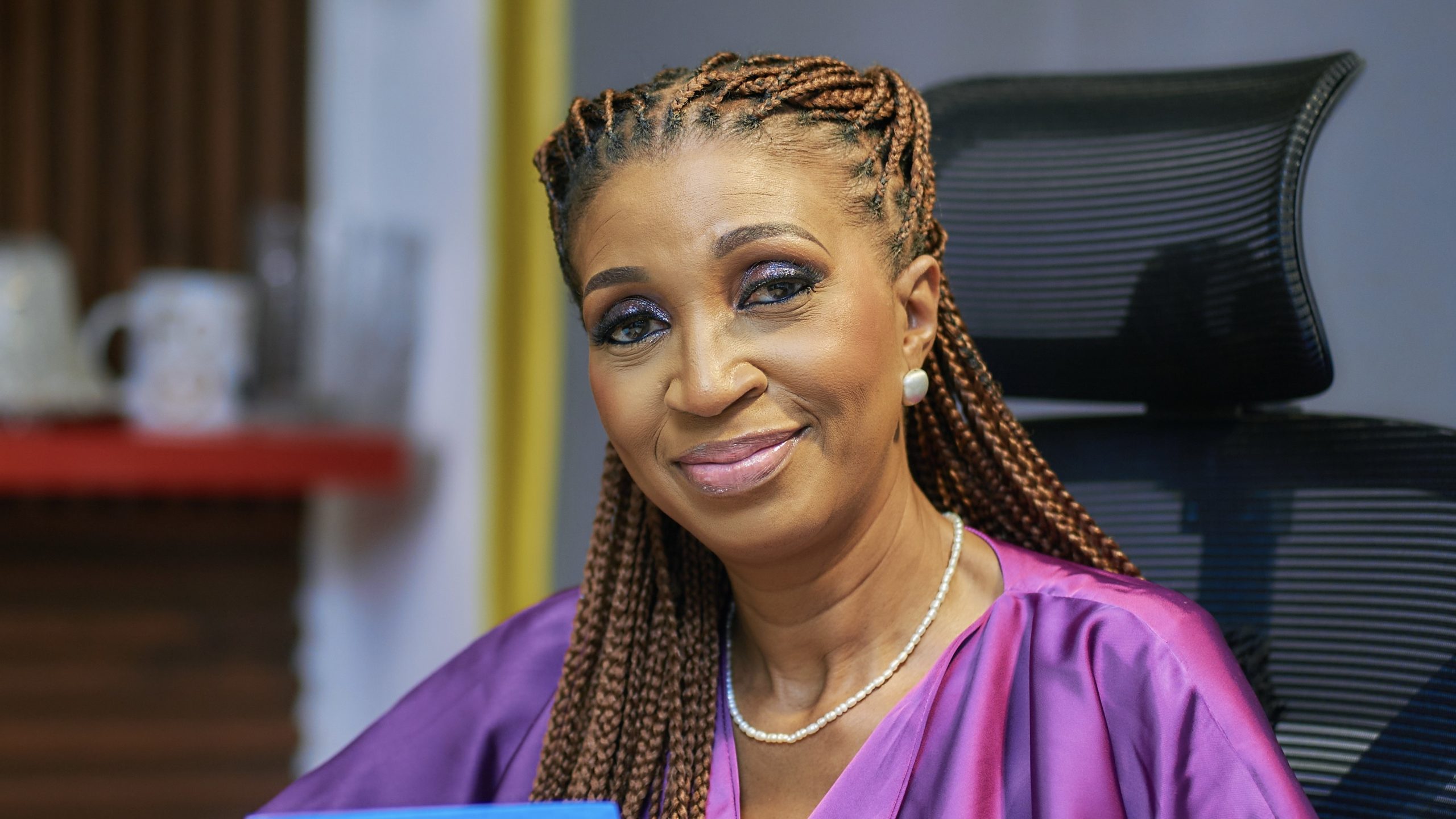Minister of Education, Dr Tunji Alausa, and his counterpart in Communication, Innovation and Digital Economy, Dr Bosun Tijani, on Friday, announced a joint commitment to build an integrated, inclusive digital education ecosystem that will transform teaching and learning across the country.
They spoke during a special panel session at the Nigeria National EdTech Strategy (Mid-term Co-creation Workshop) held in Abuja, in partnership with the Mastercard Foundation and the World Bank Group.
The session, moderated as a direct exchange rather than a traditional speech format, emphasised urgency, collaboration and clarity, with the ministers framing their joint effort as a significant departure from traditional siloed approaches in government.
Responding to a question on why education must be urgently transformed, Dr Alausa said Nigeria cannot continue delivering knowledge through outdated frameworks while preparing children for a digital global economy.
“Doing nothing, or doing what we did before, is a total failure. We must embrace technology in how we deliver content to students, how we train teachers, how classrooms operate and how learning materials are accessed,” he said.
He announced that hundreds of smart schools and digital teaching platforms are already being deployed, and stated that within the next four months every classroom in federal government-owned secondary schools will have a smart board, with full internet access embedded as part of the infrastructure.
Acknowledging that many teachers cannot afford data to access digital content, Alausa said the government is working on zero-rated data access to ensure that teachers can log into digital training platforms at no cost.
He added that a structured compensation mechanism will begin by January to reward teachers who engage in verified online professional development training.
Dr Alausa also disclosed that teacher-facing platforms have been completely restructured to support skill-building and upskilling. Beyond hardware deployment, he emphasised troubleshooting, maintenance and implementation.
“It’s not just about installing smart boards or building innovation labs; there must be systems that make them work, remain functional, and deliver results.”
He noted that Nigeria is also implementing online, real-time subject instruction for junior secondary students, using master teachers to provide interactive virtual lessons accessible to both public and private schools.
For his part, Dr Tijani stressed that modern economies cannot expand without a digitally empowered education system, noting that no sector in Nigeria had ever succeeded by working in isolation.
He credited Nigeria’s financial sector as an example of successful, collaborative digital reform: “Nigeria has the best inter-bank settlement infrastructure in Africa because banks built an interoperable system. That’s why your money moves from Bank A to Bank B in seconds. Education needs the same approach.”
According to him, technology is not simply tools; it is an ecosystem involving content creators, educators, engineers, telecom providers, investors, device manufacturers, maintenance technicians and regulators.
“If we don’t have a unified strategy, technology becomes something we spend money on but never derive value from,” Tijani warned.
Responding to how digital inclusion will reach remote and underserved communities, the Communications Minister announced major upcoming infrastructure investments.
He revealed that the government will install 4,000 telecommunications towers in rural regions, targeting over 20 million Nigerians currently without connectivity.
He said these towers will connect to a nationwide fibre-optic backbone, reducing data costs and increasing connection speeds.
“Whether in Makoko or Borno IDP camps or remote villages in Kebbi, every child must have access to quality digital learning content. Connectivity must become a national infrastructure, not a luxury.”
He also disclosed negotiations to lower the cost of smart devices, including local manufacturing options leveraging Nigeria’s lithium deposits for battery production.
Both ministers agreed that past interventions by the Nigerian Communications Commission, Universal Service Provision Fund (USPF), National Information Technology Development Agency (NITDA), Tertiary Education Trust Fund (TETFund) and others, were meaningful but fragmented.
Dr Alausa said this problem is being solved through the Nigeria Education Data Infrastructure, which will enable a unified education data system, communication between platforms, integrated student-teacher learning records and national-level planning and monitoring.
“Education must speak with one voice. We are not creating another policy that gathers dust; implementation is the priority now,” he said.
As Nigeria targets a $1 trillion economy, both ministers insisted that no such goal is achievable without transforming schooling into a skills-creating, problem-solving, technology-powered system.
“Any teacher who doesn’t understand how to use artificial intelligence is already behind,” Dr Tijani stated.
The workshop is expected to produce an actionable blueprint for EdTech interoperability, teacher training, digital inclusion, and real-time content delivery across Nigeria.
Both ministers vowed that this initiative will not end as another impressive document but as a measurable and irreversible transformation of how Nigerian children learn.






